Different Types of Epoepl Who Read Books
STRIVE TO BE #10 ON THIS LIST OF READER PERSONALITY TYPES
Readers animate texts. They transform books from objects to energy through the leaps, connections, moods, associations, and more evoked by static print on the page. Every writer has a reader in heed when they compose, even if that reader is just herself or club's indifference. While each reader is unique, almost people tin can be categorized as one of the following nine mutual book reader types, and a select few can be considered the rare bookworm at the cease of this listing.
1. THE FAD READER
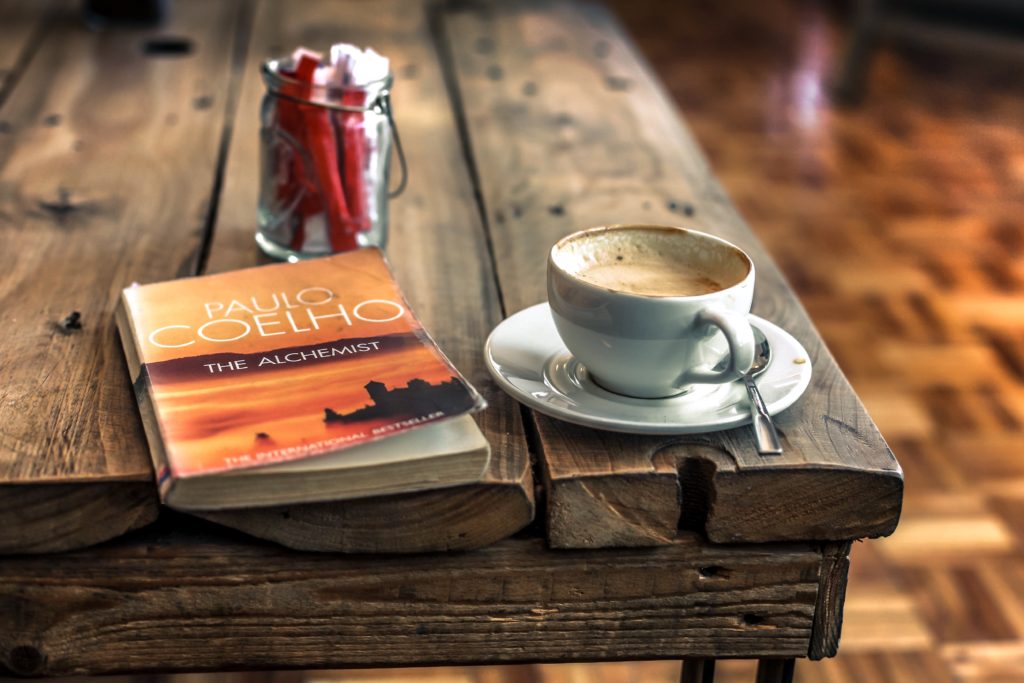
Harry Potter is the all-time volume of all time.
Perhaps the most common volume reader type, the fad reader reads what other people are reading because other people are reading it. There area lot of these folks out in that location, in mob numbers. Oft identifiable by their Gryffindor crop tops and Mockingjay pins, these readers are enthusiastically effusive virtually the well-known texts they pick upwards, even though the books themselves are less than…literary. Yes, let'south get this out in the open up: certain books, which shall henceforth get named and shamed — Harry Potter, Twilight, The Hunger Games, anything by James Patterson or Sandra Brown, you get the point — succeed through pop magnetism, and become "nifty books" merely through the sheer number of people reading them. This bandwagon result happens across mediums, from championship sports teams, to blockbuster movies, but information technology's a peculiarly problematic phenomenon in the literary realm because of the "opportunity toll" of purchasing and sharing a bestseller instead of a truly literary text.
two. THE COLLEGE READER
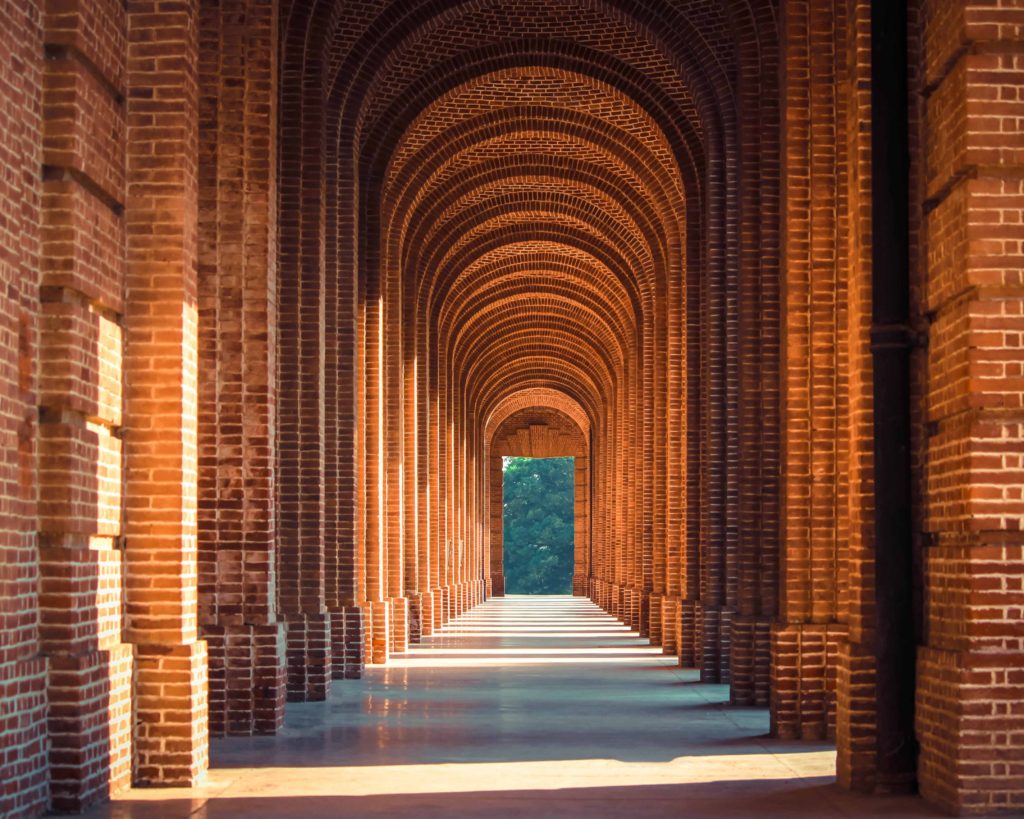
I read so much in college, I'm just giving my brain a break.
The all-time reading and critical thinking is taking place correct now at higher learning institutions effectually the world. This very second, thousands of students febrile from late nights at the local pub are scrunched in hard chairs, scouring textbooks, reading Romeo and Juliet for the eleventh fourth dimension (and somehow even so discovering new things most that dynamic text), and trying to decipher their professors' instructions. Whether you similar it or not, going to college forces y'all to read — if y'all e'er want to graduate — regardless of your major.
And then — caps thrown, diplomas hung, autumn begun once again but this fourth dimension far from any campus — you suddenly don't read. After graduation, the higher book reader types disconnect themselves from literature. When there's no homework, it'southward surprisingly easy to not pick up a book with the alibi that you lot've already paid your mental dues over 4 long years (permit's hope it didn't take much longer). Nigh college book readers endure a literary boomerang effect: they imbibe so much text during their schooling that they cease up taking a permanent sabbatical from reading once they pop out into the un-academic earth. A rare few recover, lured back into the literary dimension by a really good book they picked up, just most of y'alljust don't read anymore — in some small corner of yourselves, recognizing this loss, merely more than ofttimes, believing yourselves fulfilled by your careers.
iii. THE DIGITAL READER

Did you read that bright Tweet? OMG I honey how he writes.
Nigh of usa have morphed into digital readers to some extent, since well-well-nigh all of u.s. take cellphones, and correct now you lot're staring at this literary blog housed in internet. Just for the holistically digital reader, online content constitutes their entire reading diet. This includes Facebook posts, Twitter tweets, Instagram captions, cyberspace news articles and their comments sections, Pinterest recipes, Netflix synopses, Youtube lyrics, and on and on. Occasionally the digital reader type may download an due east-book for the downtime while waiting for their Uber, just why readthat when there's so much other smashing content online!? Living content, breathing content, content-y content that breeds more than content! The biggest problem with the digital book reader type is that they're never able to really sit down and read something poignant, because the hum of the internet'south divertissements perpetually intrudes upon their reading feel. In fact, you should print out the rest of this web log post, take it to a bench that's privy to a bit of breeze and sunshine in a local park, and consider the difference in your reading experience offline.
4. THE NEUROTIC BOOK READER

Don't affect that.
If you e'er only read a book's "Introduction" at the end, or youmust finish a novel once you start information technology, or you lot would non under any condition underline your copy of Infinite Jest, or you have to read every unmarried end-note and "Acknowledgement," you're probably a neurotic reader. This blazon of reader has very specific rules for the act of reading and the maintenance of their personal book collection. From no dog-ears, to highlighting only in green, to organizing their shelves co-ordinate to author'south birthplace, to refusing to lend books lest the borrower lick their thumb lasciviously when turning pages, the neurotic book reader is preposterous to others, but perfectly rational to themselves (I'thousand one of them). After all, each of our criterion has both rhyme & reason — if I'm already seven pages into a book, I can't undo that lost time, then I might as well continue through the final line. (Okay, so our criteria has slant-rhyme, but not much reason). However, despite our quirks, neurotic volume readers tend to be hardcore proponents of physical books and engaged reading experiences — and in an age of binary code messages and fragmented perusals of the written word, that's a win in my book.
five. THE UNDISCERNING READER
If I sees information technology, I reads it.
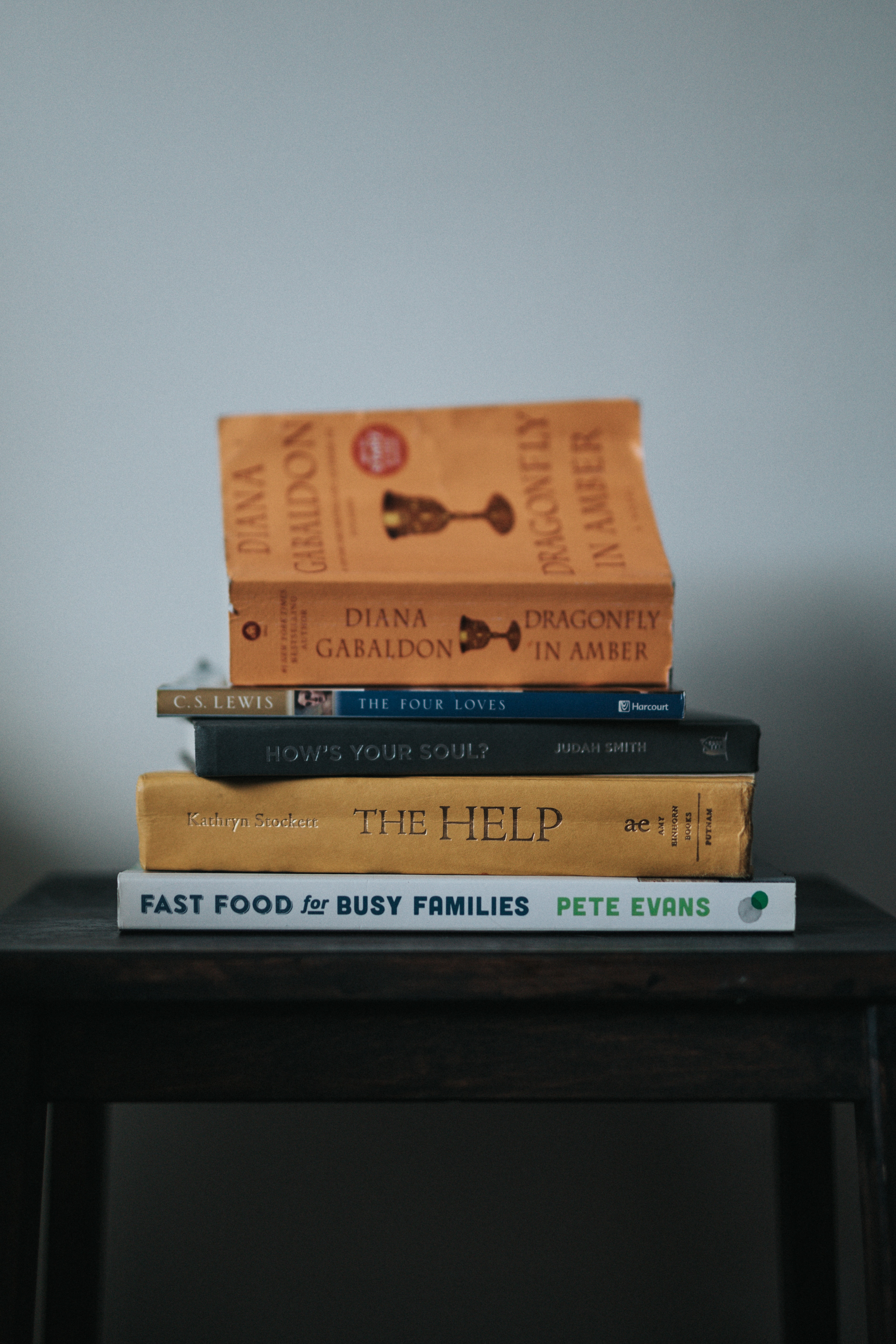
Mayhap a prettier cousin of #ane on this common book reader types listing, the undiscerning reader sees all reading as expert reading, and thinks that both Virginia Woolf'due southTo the Lighthouse AND J.K. Rowling'sHarry Potter and the Philosopher's Rock are the all-time books in the whole world — and expect Rupi Kaur'sMilk & Dearest is just plain wonderful besides — in fact it's every bit practiced equally Jane Hirshfield'due southCome, Thief. Undiscerning book readers collaborate with texts harum-scarum. While information technology's wonderful that they savour the human action of reading, and that they're willing to pick upward titles that are often shunned because they test the intellect, you have to wonder if they're actually reading anything at all, or merely turning pages. At that place are definitely calibers of writing, and an inability to distinguish good books from beneath-average books, suggests that the undiscerning reader is missing out on the best part of the textual experience: the epiphanies and emotional variations induced past recognition of linguistic nuances.
6. THE Non-READER
I'one thousand in-between books.
Some people just don't like reading. Actually, let me rephrase that: most people hate reading. It'southward quite disheartening, because if you lot've had the privilege of an education in literacy and you're able to read, there's really no excuse for you to non be occasionally picking upwardly a book. It comes downwards to unproblematic laziness: reading requires active thinking, and people don't like to apply their brains. That's unfortunate, since no matter the arena you piece of work in, whether yous're a photographer or an athlete, regular reading can add dimensionality to your day-to-twenty-four hour period existence. It's equally elementary equally finding a book that susurrates to you — something the Notes of Oak literary blog intends to help you exercise.
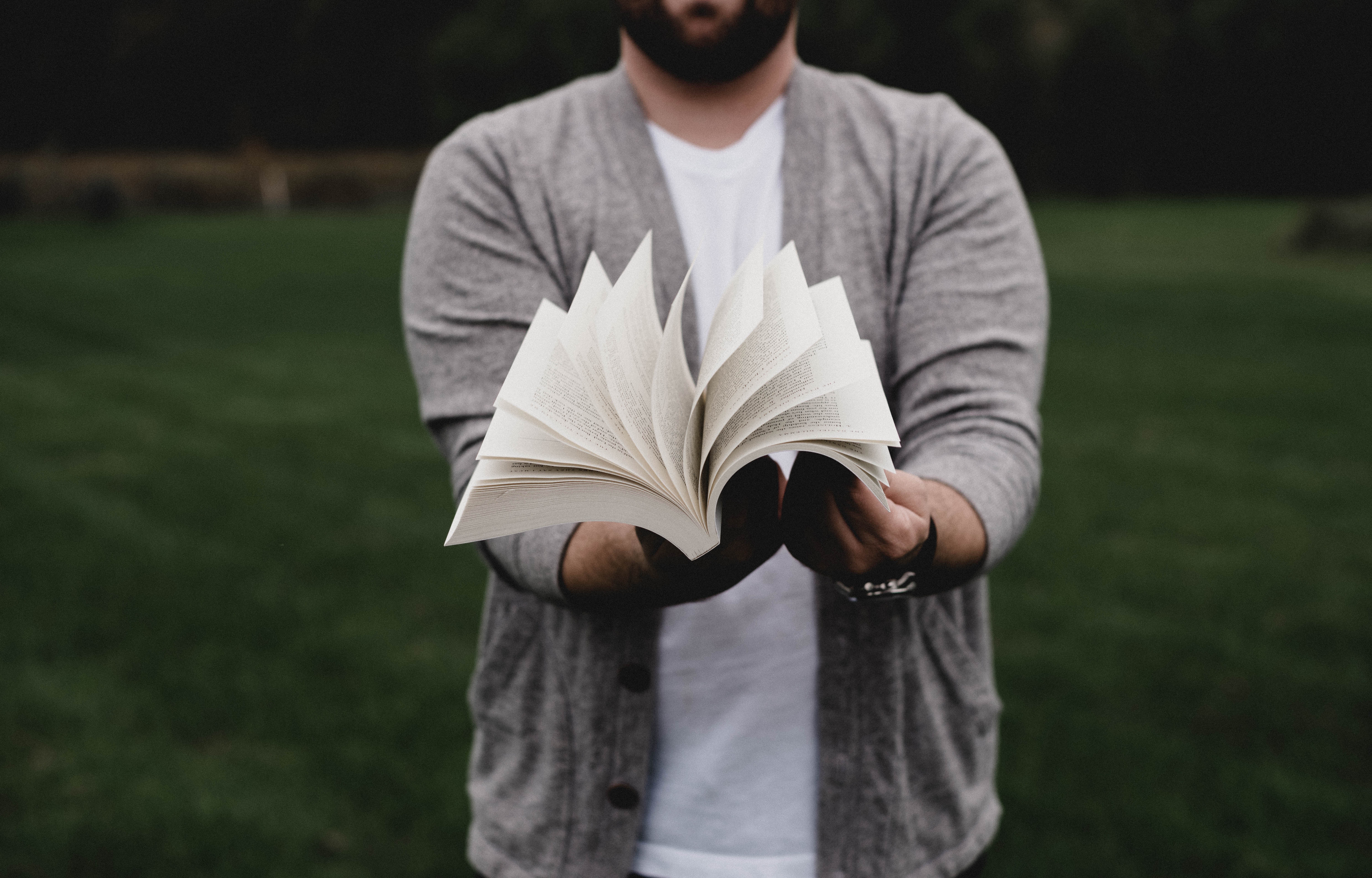
At that place'due south likewise another type of non-reader: the person who says they dear reading, and who has lots of books, only who reads nada. These folks are everywhere, (and their presence could atomic number 82 us into thinking #i on this list is more bonny, but we're smart plenty to realize that relative allure is an illusion created by contrast) reaping the intellectual eyebrow afforded by readership, without actually taking the time to collaborate with texts. This is when the real book reader types need to whip out their literary assay skills and grill the poseur on the purpose of the extensive footnotes inA Supposedly Fun Thing I'll Never Do Once more by David Foster Wallace, for instance. This makes it difficult to accept friends, but it's worth it. I retrieve.
seven. THE UNCONDITIONALLY SNOBBY READER
It was okay, simply I actually think information technology could have been better.
I will be the first to admit that I'm a scrap of a literary snob, just it'southward with well-founded reason: I've long witnessed excellent texts sit unread on bookstore and library shelves, or fail to even get published at all, while twaddle gets eaten up and gushed near like it's the most luminous writing. As such, my goal with this blog is to get all book reader types to recognize and bask exquisite writing — which is out at that place in affluence, only which just isn't engaged with nearly as much every bit it should be.
In contrast, the unconditionally snobby reader believes that every piece of writing suffers from some ailment or other that they tin can't quite identify, simply which needs correction in order for the book to exist classified as "proficient." Virginia Woolf'sThe Waves is "likewise poetic" for this type of reader, and Italo Calvino'southwardInvisible Cities, is too fragmented, and then on. Their critiques e'er derive from a lack of insight on their office extrapolated onto the text's composition; the volume becomes a vehicle to testify their preferences are sovereign. The irony is that when it comes to genuinely bad books, the unconditionally snobby reader often fails to pinpoint the elements contributing to the real textual malady.
viii. THE PROSE READER
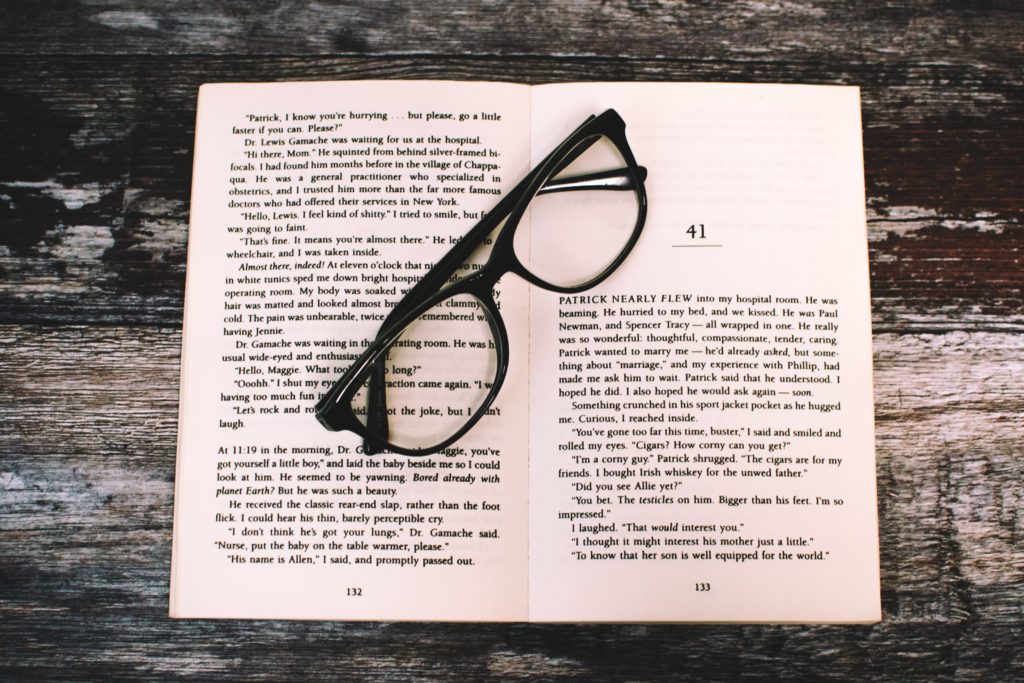
People don't read enough literature, and it'south a existent shame. But I love reading — annihilation and everything except poetry.
The poor state of poetry as a marketplace suggests that many people fall under this category of book readers: exclusively fiction lovers. It'south hard enough to get people to read anything at all, but there'due south something about poetry that'south off-putting to the full general public readership. Once again, people like theidea of poetry — a succinct slice of writing that evokes an emotional response — just when it comes to actually engaging with anything across the results returned for "best short poems about life," they don't. Good poetry is inescapably vivid, tendering tuber sentences minced into effluvious nuggets that conjure up the cosmos, that invoke the amoebic, that describe the eye to the glint of the web in the window. A proficient poem is a linguistic "ship in a bottle," with each fiber of the rigging, and the wail of the sirens, and the water'southward moisture whisper wending its way into the living room — all palpable within the transparent vessel and transforming the space around information technology.
Just folks don't similar that. Possibly poetry makes them feel as well vulnerable to the insistence of this is existence. Even a lot of poets don't want to read poetry, except their own. And then, instead, readers tend to stick to the safe terrain of prose — prose with its predictable sentences, its easy division into chapters, its investigation of daily phenomena via citations and footnotes. At that place is, of class, poetic prose — pieces that thaw the line between the lyric and the prosaic. Simply you don't have to worry virtually running into that if you lot're the reader type who's a staunch prose fan: you have to seek it out, and well-nigh prose readers are perfectly content to allow expressive, rhythmic literary piece of work pass them past.
9. THE Writer READER

The author used as well much imagery — I would take written the scene similar this…
Writers are besides inherently editors, and every piece of text is susceptible to their critique. Ofttimes, a writer's commentary can illuminate a text'south weaknesses, because they can see through the content to the compositional process. Just every bit often, writers disagree with a text just because information technology isn't written exactly like they'd write it — but their version is non an comeback. Writers can be some of the best readers — only when nosotros constrict our egos back into our pockets and consider the text from an objective standpoint, and not from vantage of our own little desk with our Venn Diagram of coffee stains and our favorite pens and our personal rituals and our ideal methods and our individual idiosyncrasies.
ten. THE LITERARY READER

Virginia Woolf is my favorite author.
Welcome. TheNotes of Oak literary blog is right where you need to be. As a literary reader, y'all know that a book'south popularity tin expose something almost lodge's consciousness, but it isn't an indicator that the volume isliterature. You also know that college helps united states of america discover what we like to read, only that nosotros each bear the onus to continue the search for great writing afterward we've tossed our caps. Every bit a literary reader, you understand that reading online content, such as this blog, is problematic if information technology replaces the hours yous would spend sitting with a tangible book. You are peradventure neurotic — nothing wrong with that — but you don't let your quirks to obscure the signal of reading: for intellectual evolution and a poeticized identity. You are selective in your reading taste, because yous know there'southward already not enough time to engage with every piece of fine literature available, and you don't want to waste matter a unmarried minute on a bad book. You have many books, and even if you oasis't read them all, it's because you lot're working on another book you lot checked out from the library or one your non-neurotic friend lent you — whatever the case, you are always reading something. Although you lot tin can be critical of writing, you reserve this for books that deserve information technology, and praise books that with the viii Key Literary Elements Every Written Masterpiece Has. As a literary book reader blazon, you lot also read both poetry and prose, as long as the piece of work looks intellectually promising. There'due south a high probability that you're a writer, and when you read great literature, youacquire from it — you recognize the qualities that you lot want your own artistic work to manifest. Yous, you are a literary reader — uncommon, and crucial to guiding all of the in a higher place reader types and others to recognize the import of perfect writing.
Source: https://notesofoak.com/reader-lifestyle/10-book-reader-types/